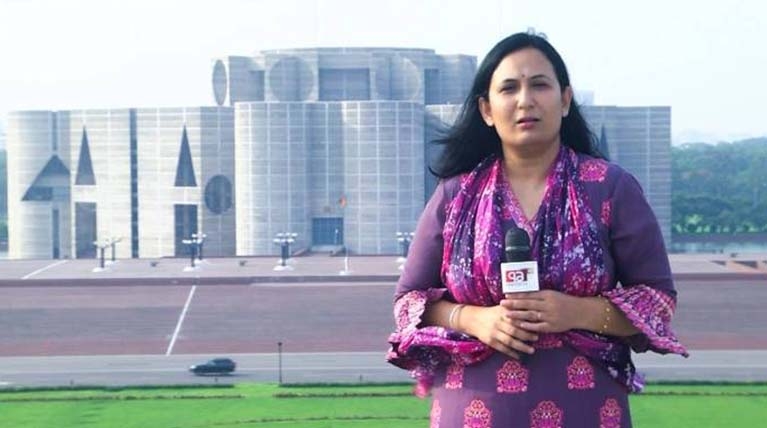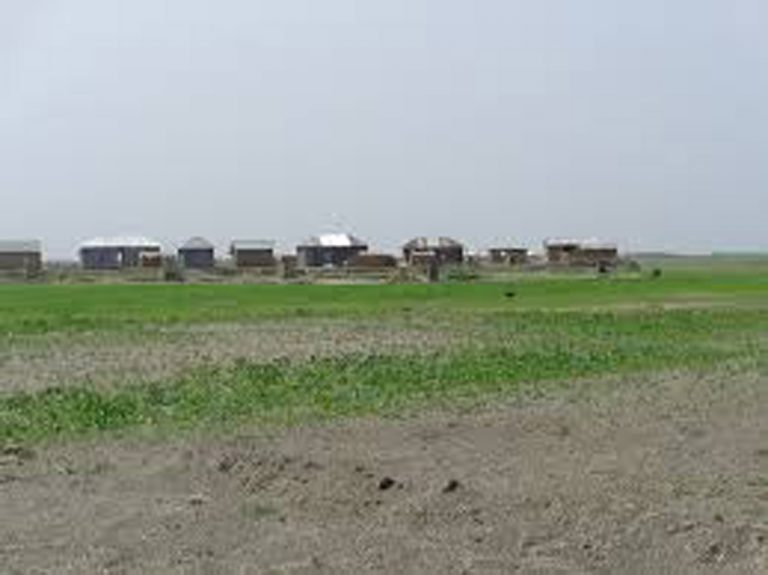Bangladesh, like many other nations, has been impacted by the ongoing economic downturn brought on by the COVID-19 pandemic and the ongoing Russia-Ukraine war. However, there are a few reasons why the nation may be struggling to combat the recession; Limited resources: Bangladesh is a developing country and may not have the same resources as more developed nations to deal with the economic recession. This can make it more difficult for the government to implement large-scale stimulus measures and other economic policies.
Dependence on foreign markets: Bangladesh has a strong export-oriented economy and is heavily dependent on foreign markets.
The global economic downturn has led to a decrease in demand for Bangladesh’s exports, which has had a negative impact on the country’s economy.
Limited access to credit: Many small and medium-sized enterprises (SMEs) in Bangladesh may have limited access to credit, which can make it difficult for them to weather the economic downturn. This can lead to job losses and a decrease in economic activity.
High levels of poverty: Bangladesh has a high poverty rate, which can make it more difficult for people to cope with the economic downturn. For example, people living in poverty may have limited access to basic necessities like food and healthcare.
Slow response: Government may have a slow response to the pandemic, which may have resulted in a significant loss of productivity and economic activity in the country.
Lack of diversification: Bangladesh’s economy is heavily dependent on a few sectors, for example, the RMG (Ready-Made Garments) sector, which has been hit hard by the pandemic. A lack of diversification in the economy can make it more vulnerable to external shocks….read more




